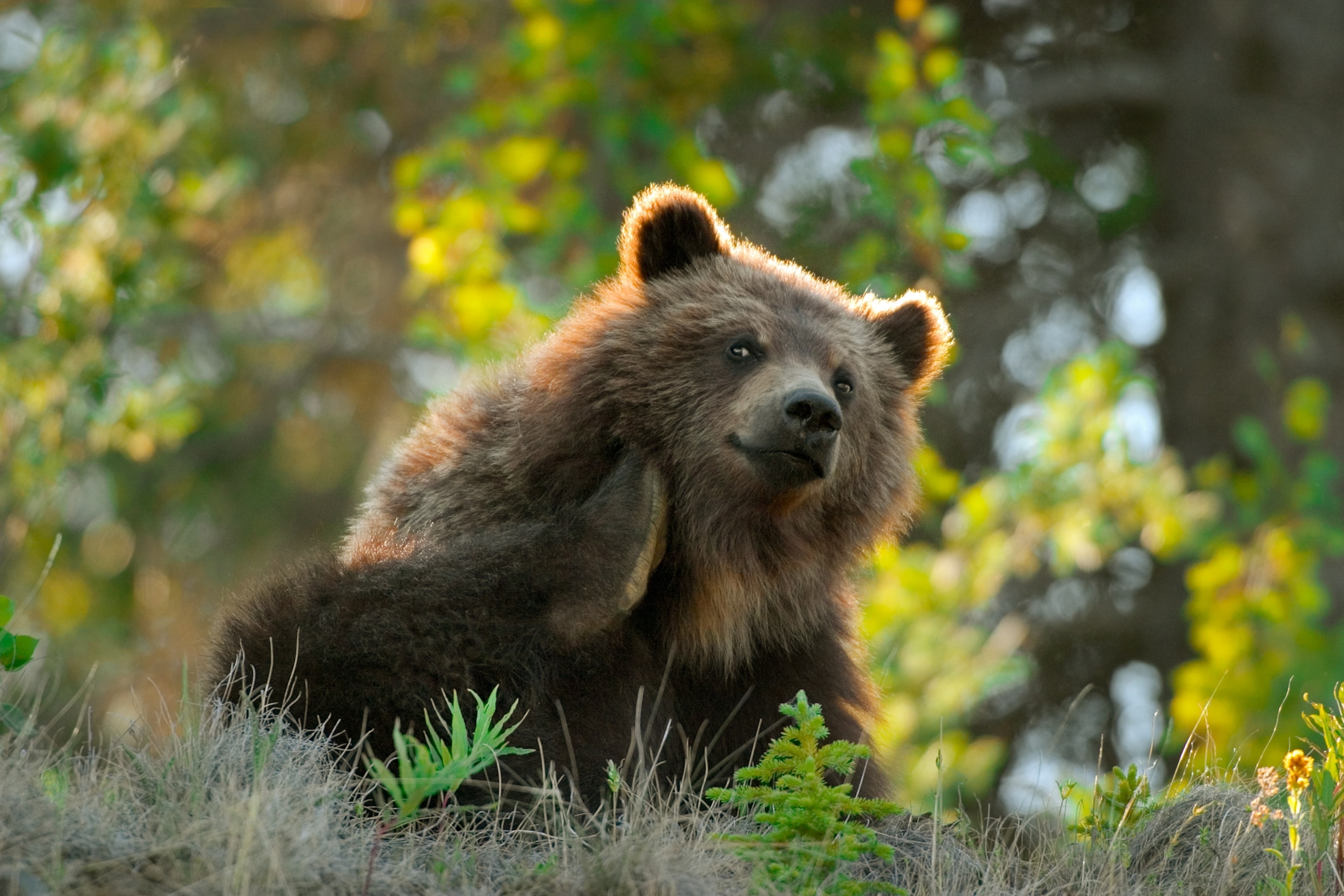
What Makes Us Feel an Itch? Answer Surprises Scientists
A molecule that usually works in the heart triggers itch, a new study says.
It's a burning question in science—what makes us feel an itch?
Scientists experimenting in mice may have found the culprit: A molecule used by the heart is pulling double duty, sending a message to the spinal cord that ultimately produces that familiar tickle on our skin.
The finding elevates itch—previously thought to be a mild form of pain—to a separate phenomenon, with "its own dedicated landline to the brain," study co-author Mark Hoon, a molecular geneticist at the National Institute of Dental and Craniofacial Research in Bethesda, Maryland, said in a statement.
And because mice and people share similar biology, the scientists suspect that people also have this circuit.
The discovery could also someday identify a way to block the molecule from producing itching—a potentially life-changing intervention for millions of people who suffer from chronic itch, particularly those with eczema and psoriasis.
"Itch is coming into its own as a serious medical condition that deserves treatment above and beyond pain," said Earl Carstens, a neurobiologist and itch expert at the University of California, Davis, who wasn't involved in the study.
There's even a case of a woman whose itch was so severe that she scratched through her skull into her brain, Carstens said.
"We know much less about itch than we know about pain, and this paper advances our knowledge about the basic mechanism of itching."
Getting to the Root of the Itch
Called natriuretic polypeptide b (Nppb), the itch-causing molecule is already known to be released by the heart, where it controls blood pressure by regulating the amount of sodium released by the kidneys. (Explore a human-body interactive.)
The team decided to focus their research on Nppb because it showed up as a promising candidate in their search to find molecules in itch-sensing cells.
But first the team had to show that Nppb acts as a neurotransmitter by signaling the brain to itch. (See an interactive brain map.)
So they injected the molecule into mouse skin, with no results. But when the team injected the molecule into a place on the spinal cord that communicates with other nerves, the mice started scratching—a main indicator of itch.
Next, the team genetically engineered mice that did not have the Nppb molecule.
In an "aha moment," Hoon said, the team exposed the mice to compounds known to produce itch—and the animals didn't scratch at all. Without Nppb, the animals didn't feel an itch, according to the study, published today in the journal Science.
Itching itself likely evolved to protect us from disease, Hoon added. (Read more fun facts about our skin.)
"If you think about all of the nasty critters that come through our skin ... it's a way to protect ourselves and remove irritants on the skin before they can do damage," he said.
Double-Duty Molecules
UC-Davis's Carstens said "he never would have predicted" that Nppb is the itchmaker, since it has such a different role in the body.
Co-author Hoon agreed that it's "really weird that this [molecule] is from the heart."
But both experts noted that our bodies are extremely efficient, often finding ways to make certain parts work multiple jobs, as in the case of Nppb.
Hoon likens it to "biological cassettes" that produce different responses when "played" in various organs of the body.
He also suspects there are more such double-duty molecules in our body—just itching to be found.
Check out more National Geographic health explainers >>